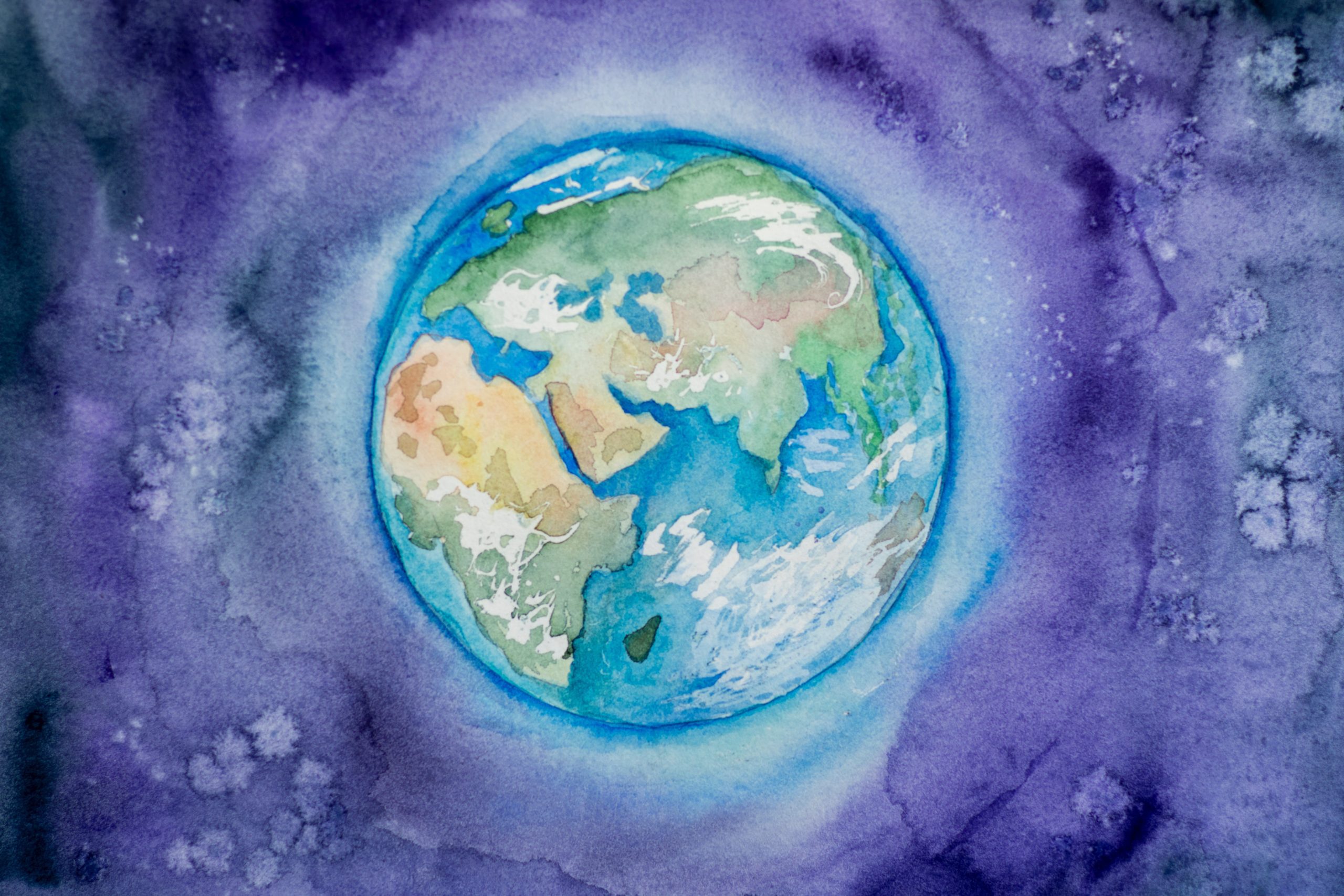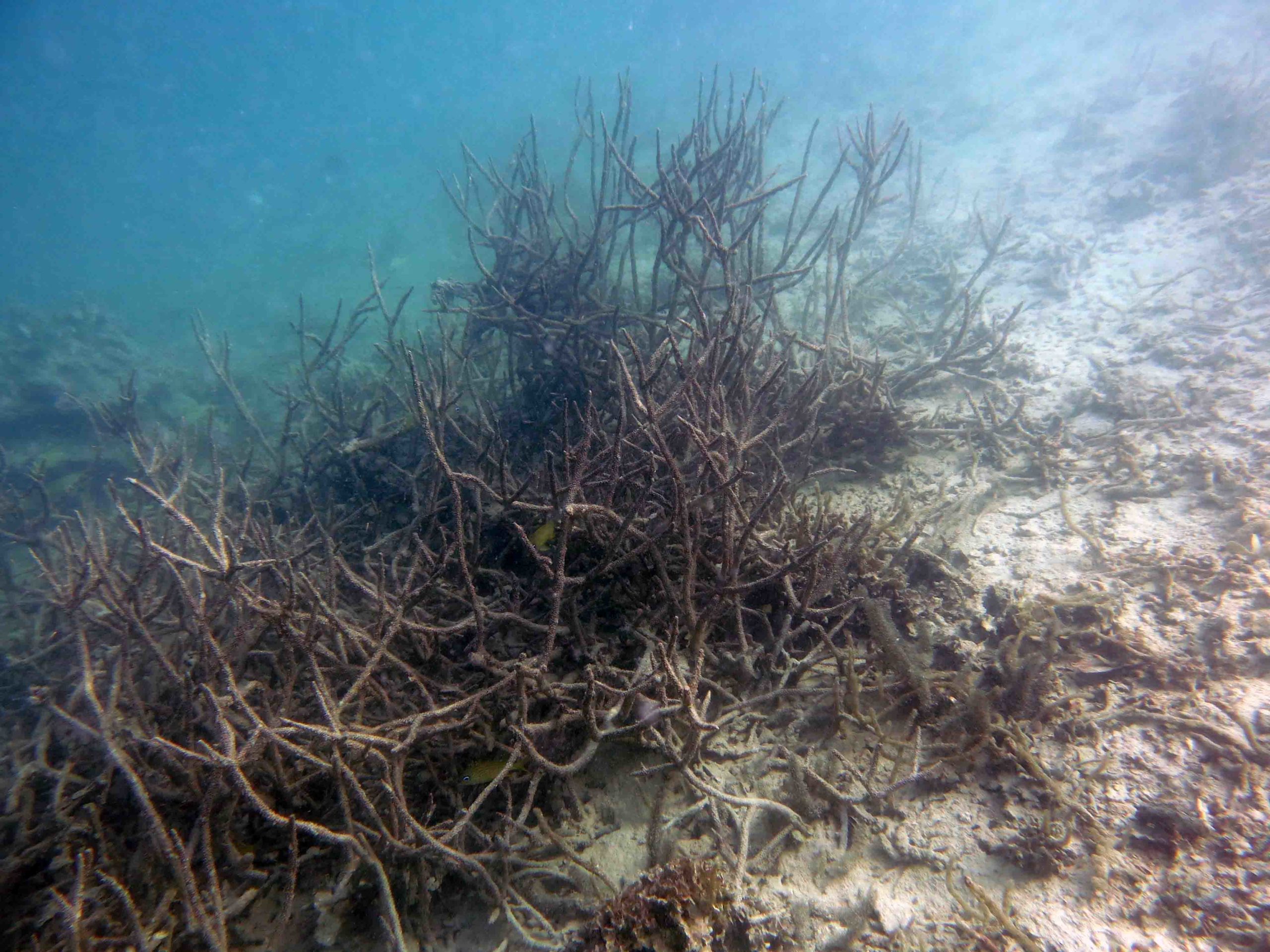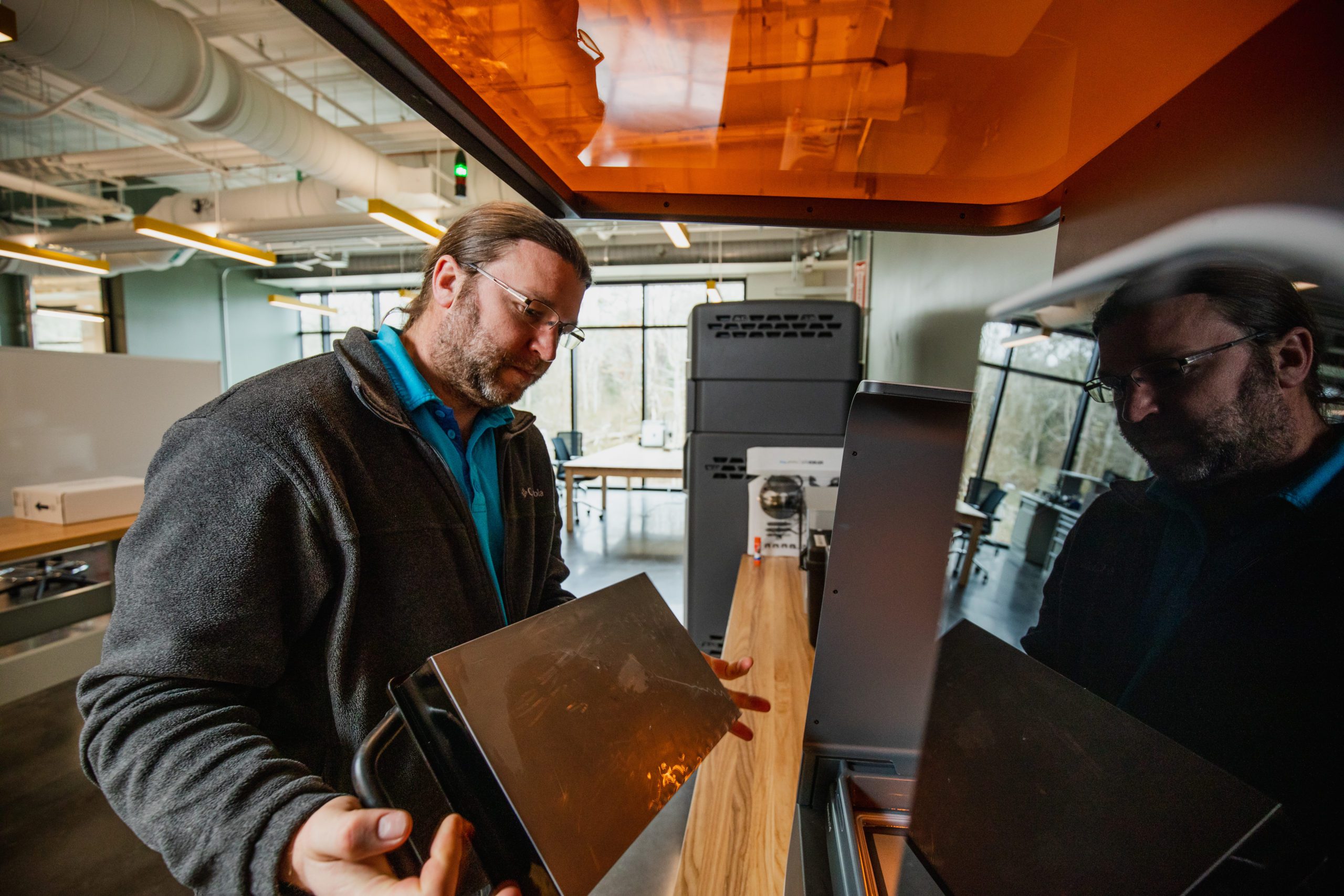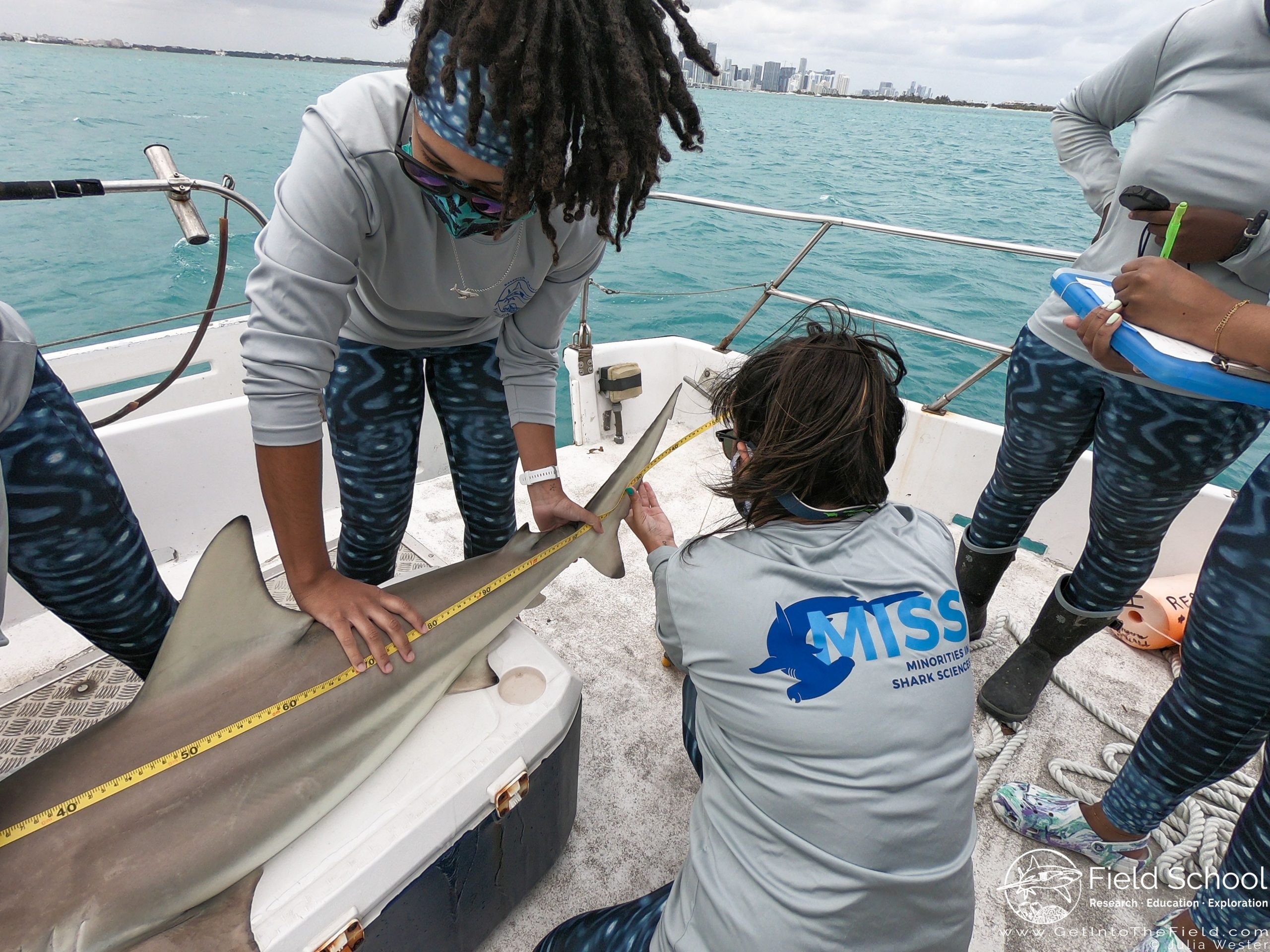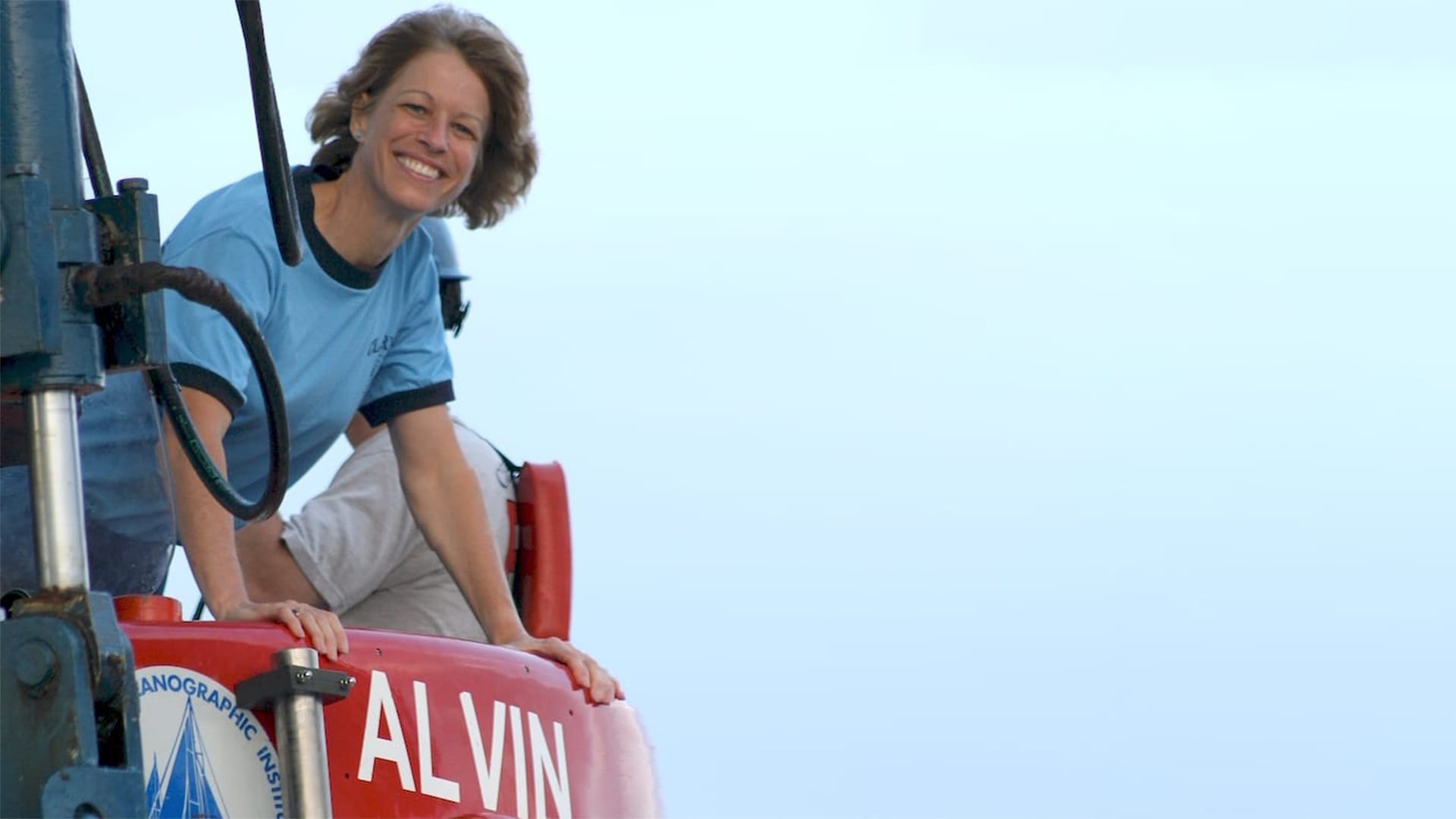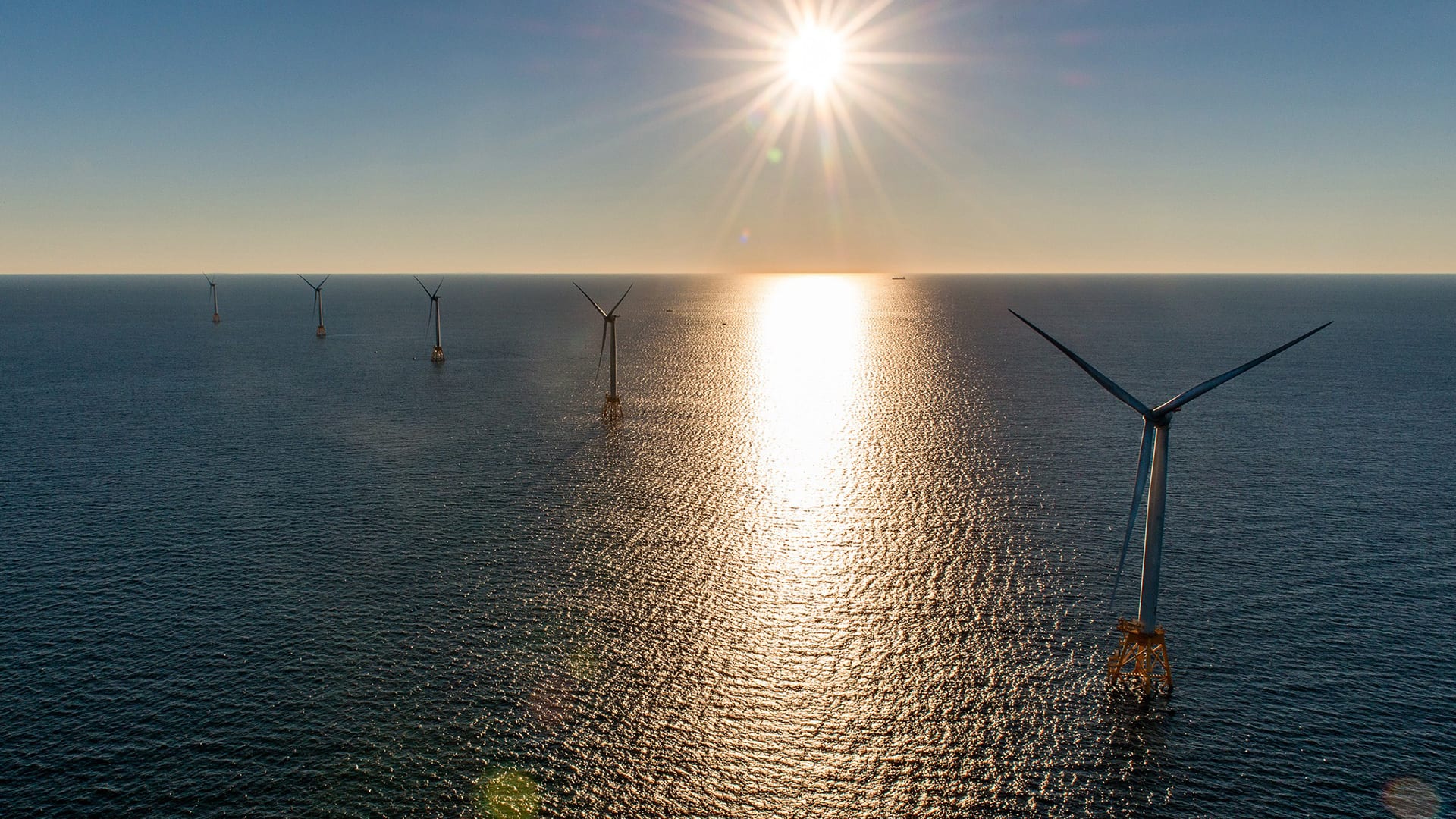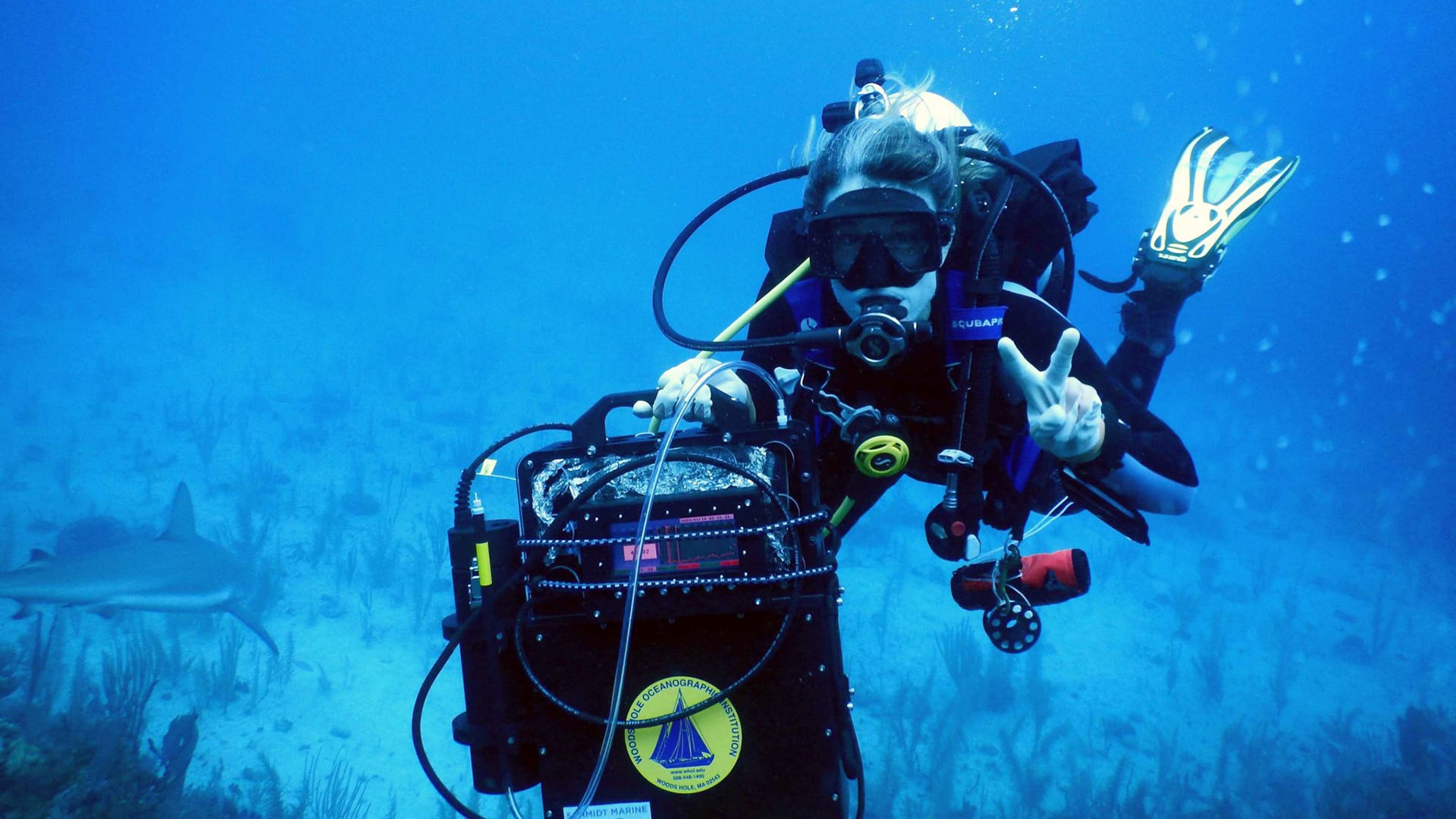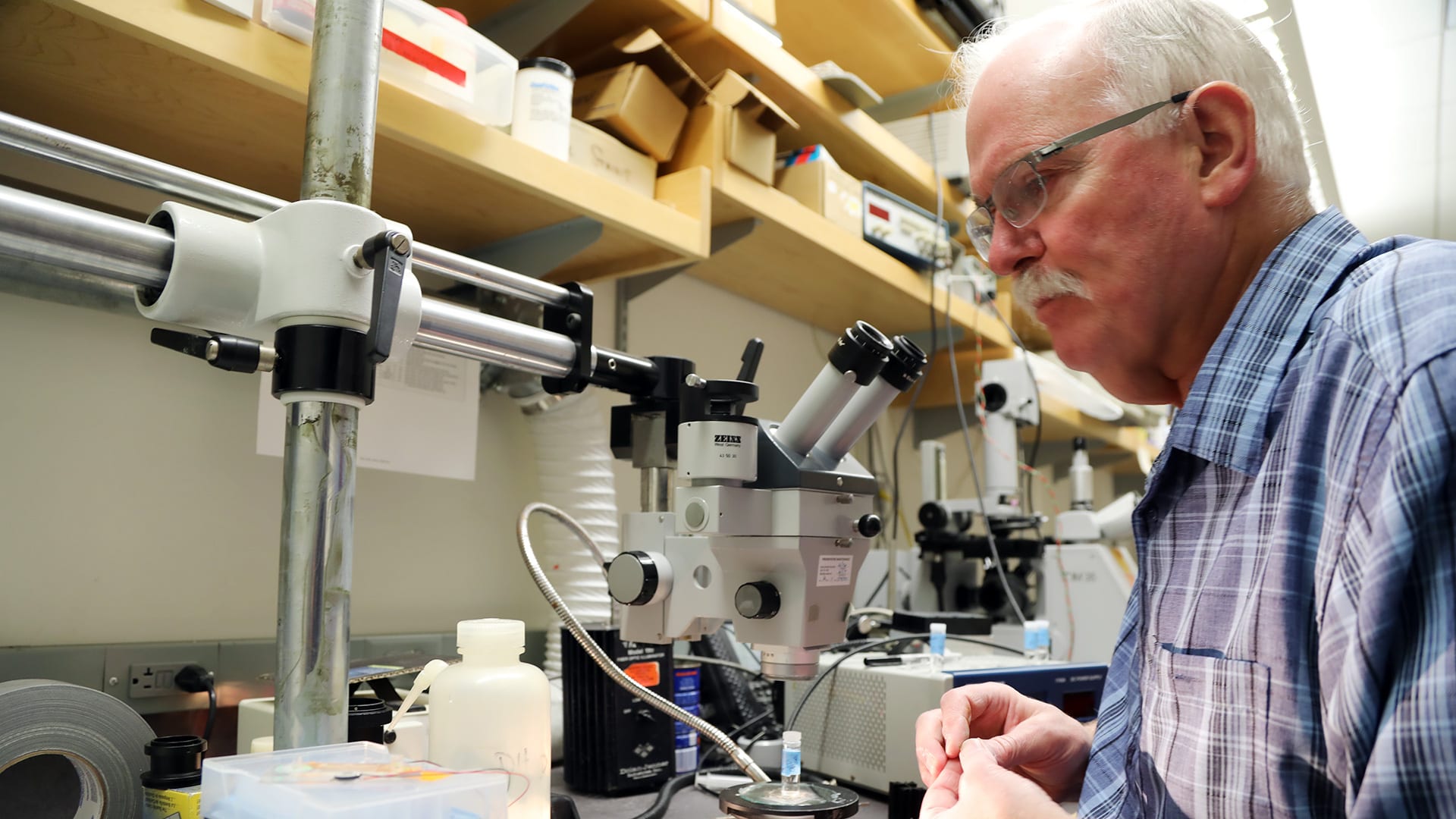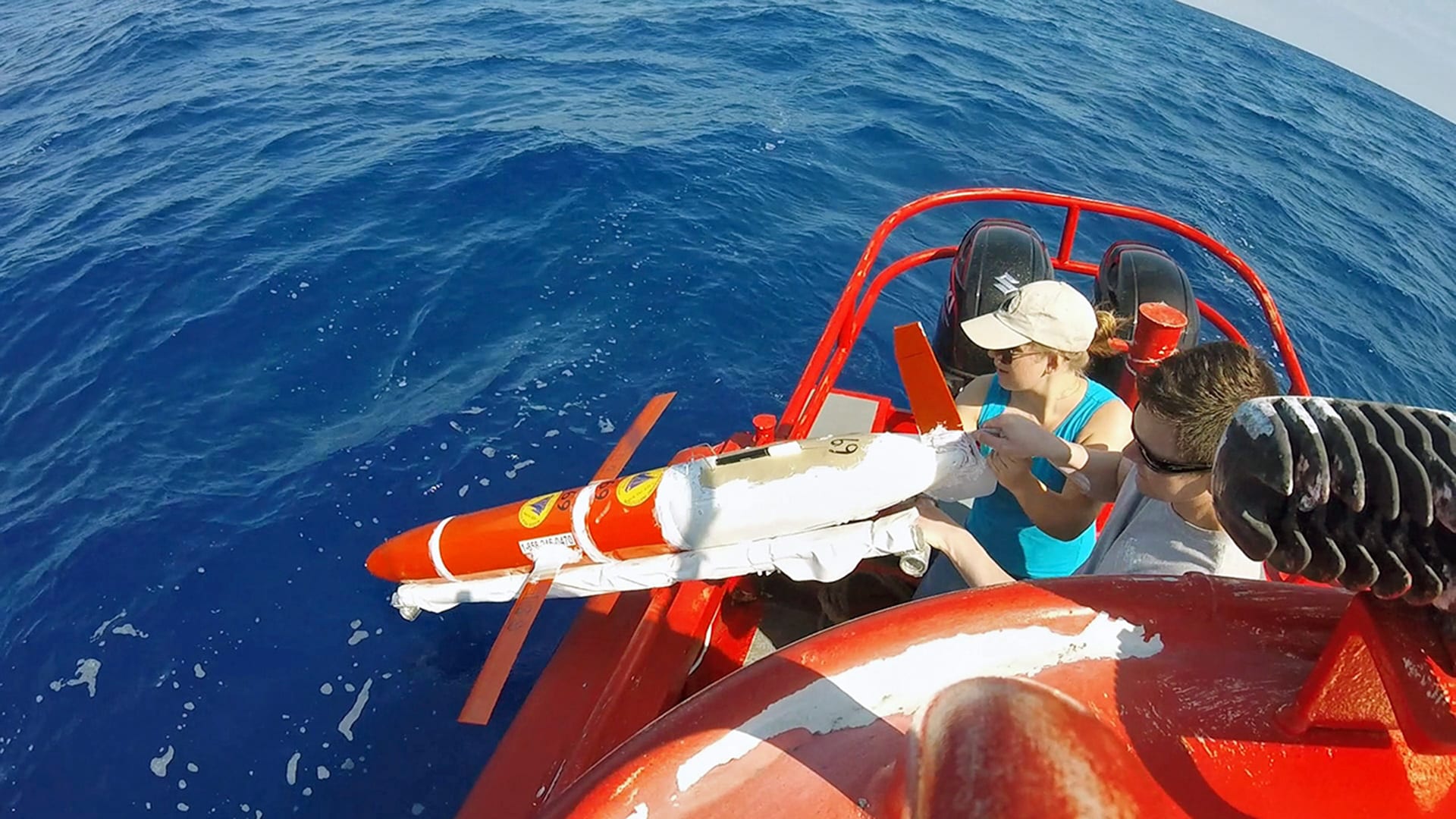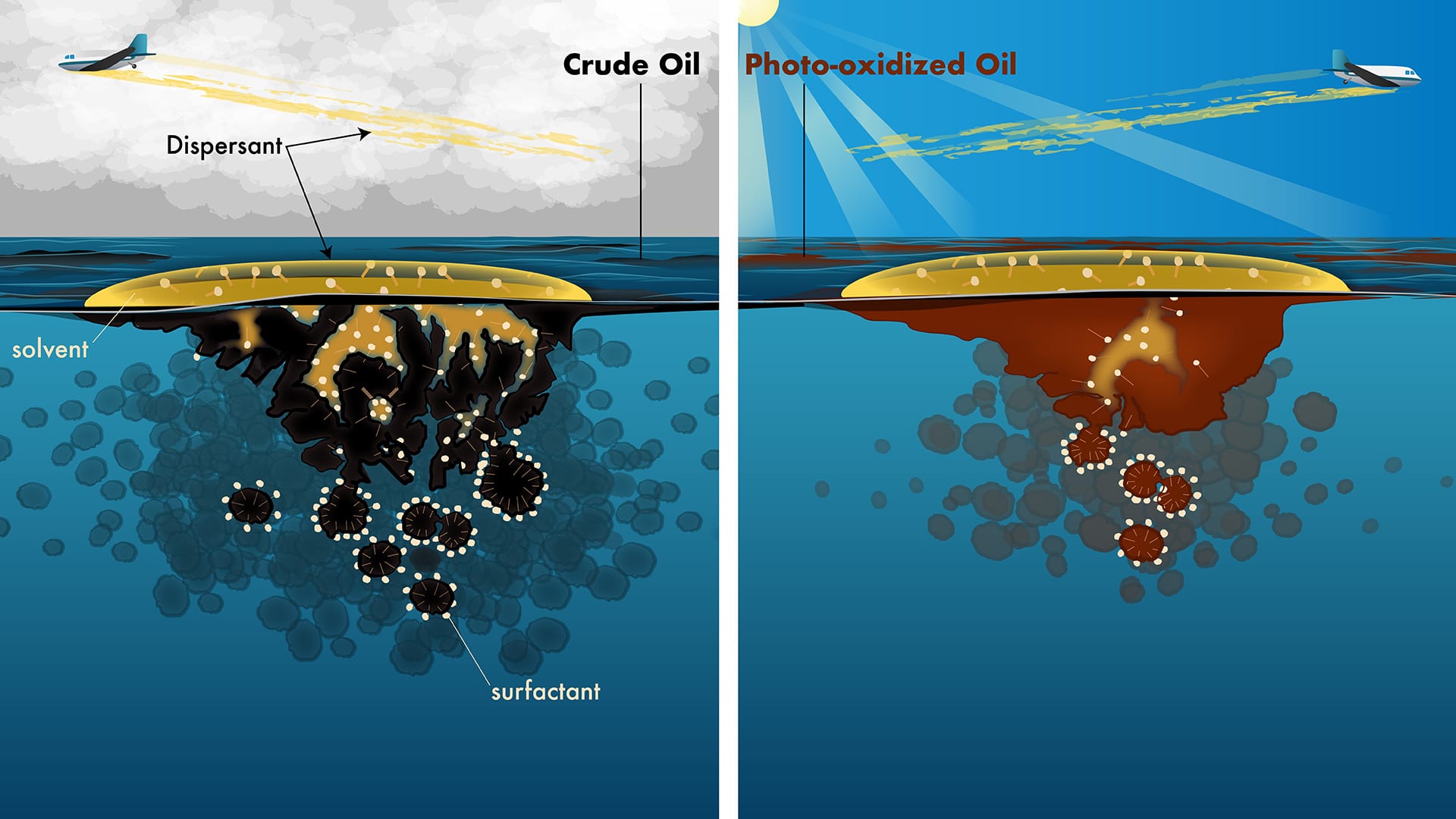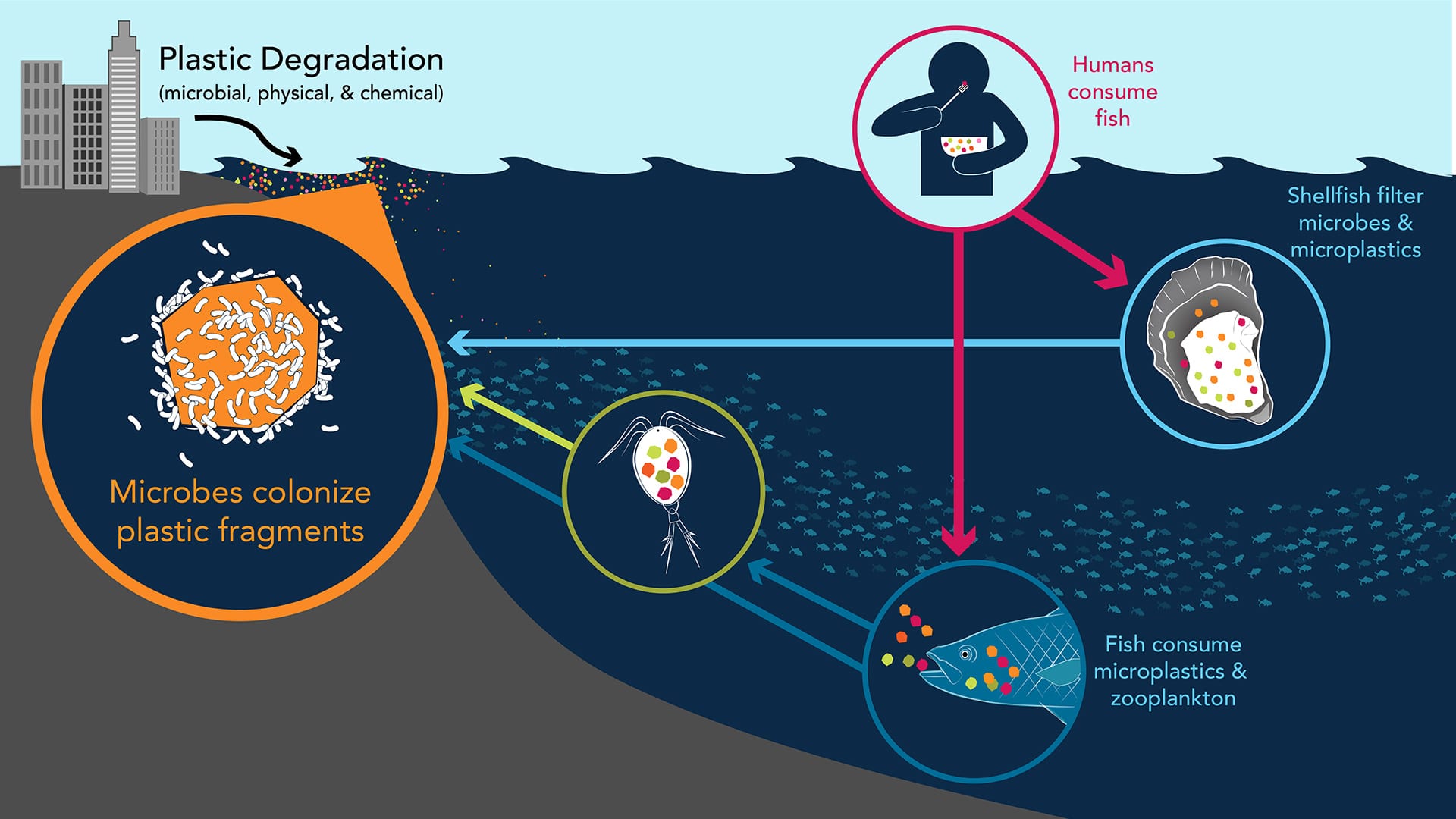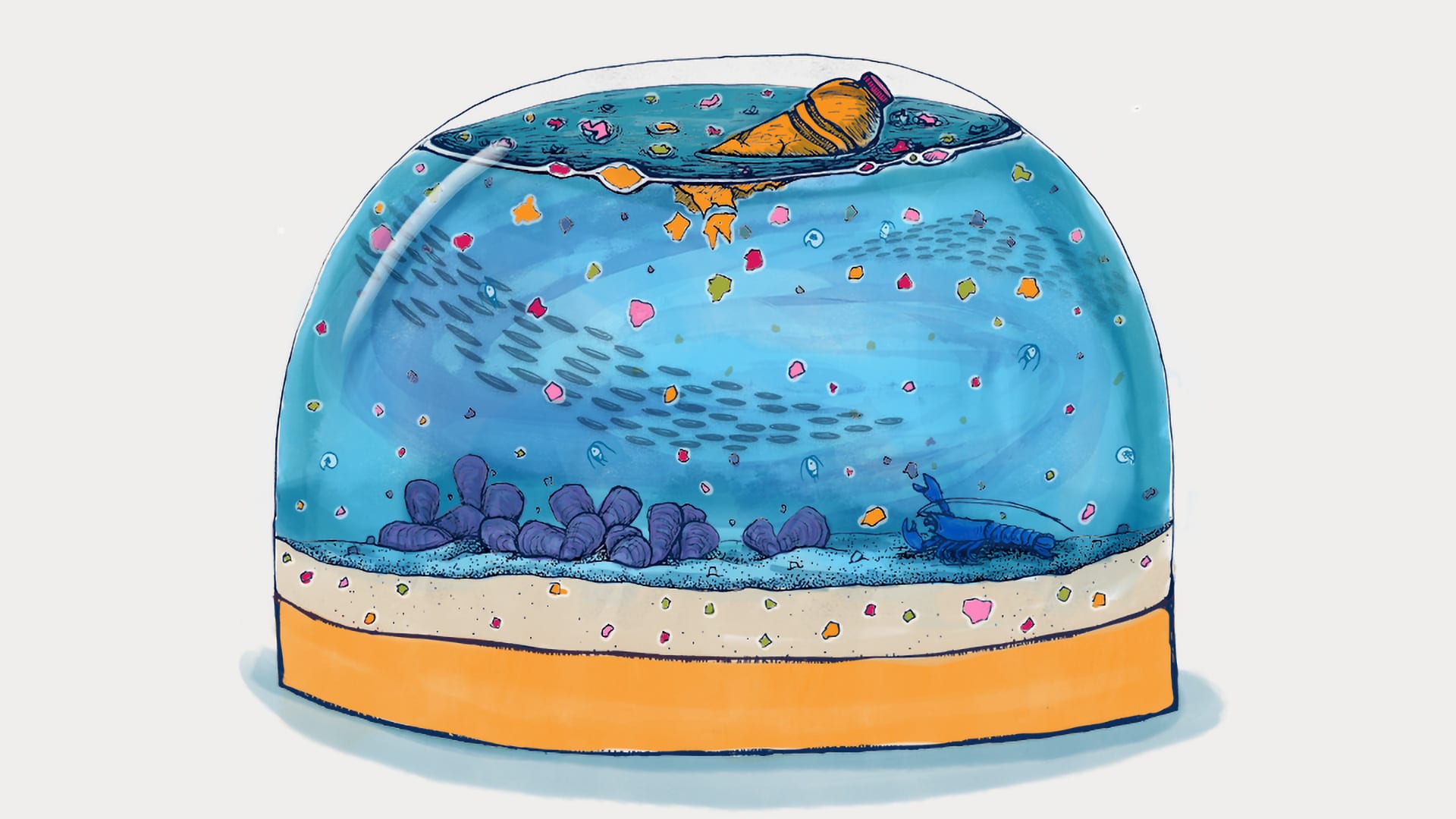Banner
Sargassum serendipity
A surprise find connects MIT students working on solutions for a harmful algal bloom in the Caribbean
Read MoreThe Power of Super Reefs
Working with the governments and scientists of several Pacific Island nations, the project’s first goal is to limit the impacts of pollution and fishing by expanding these countries’ marine protected areas (MPAs).
Read MoreFive ways to make every day Earth Day
What better way to help our ocean planet than reducing our impacts on land? Members of WHOI’s Sustainability Task Force recommend everyday lifestyle tweaks to help you “be green and go blue.”
Read MoreThe hypoxic reef
Scientists say a lack of oxygen might be stressing tropical reefs even more than warming temperatures, acidification, and pollution. But the combination of these factors spells disaster for coral.
Read MoreOCIA: Accelerating the pace of ocean-climate research
The first five projects funded by the Ocean Climate Innovation Accelerator (OCIA) are set to advance research at the intersection of oceans and climate.
Read MoreJaida Elcock: diversity is essential–in the marine ecosystem and in science
MIT-WHOI Joint Program student Jaida Elcock always knew she was going to work with sharks. Oceanus caught up with her to find out more about why sharks—and representation—matter.
Read MoreThe teacher who never misses the chance to Dive & Discover
Middle-school classroom participates in every Dive & Discover expedition since 2000
Read MoreHarnessing the Power
Can wind developers and ocean scientists work together to get US offshore wind cranking?
Read MoreA DISCO in the Ocean
To investigate coral bleaching, WHOI scientists figure out a novel way to take direct measurements in the ocean of superoxide, a key molecule that vanishes almost as soon as it is made.
Read MoreDo Microplastics in the Ocean Affect Scallops?
WHOI scientist Scott Gallager is making field observations and conducting lab experiments to explore the possible effects of microplastics in the ocean on marine organisms.
Read MoreGliders Reveal Tango Between Hurricanes and the Gulf Stream
Spray gliders cruising the east coast are collecting ocean measurement data that hurricane forecast modelers can use to improve storm intensity forecasts.
Read MoreThe Sun’s Overlooked Impact on Oil Spills
New findings by WHOI scientists could significantly change the way responders clean up oil spills in the ocean.
Read MoreJunk Food
An estimated eight million tons of plastics enter our oceans each year, yet only one percent can be seen floating at the surface. This is the third in a three-part…
Read MoreTracking a Snow Globe of Microplastics
Millions of tons of plastics end up in the global ocean each year, but where does all that material go once it gets there?
Read More


